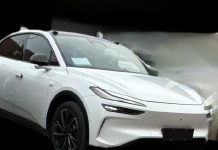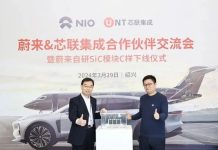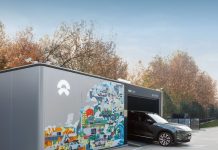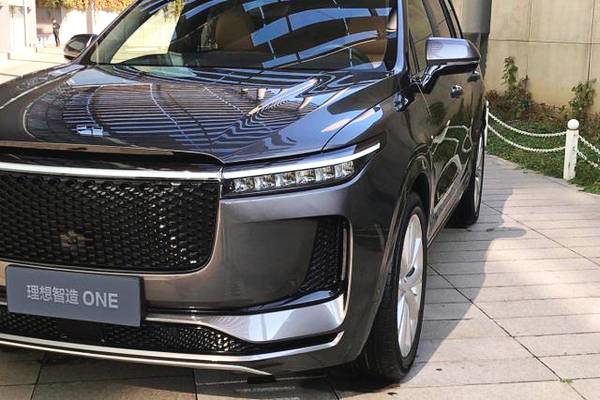On August 11, Chinese electric car manufacturer NIO released its second-quarter 2020 financial report.
In the second quarter of 2020, NIO achieved revenue of 3.718.9 billion yuan, an increase of 146.5% year-on-year (compared to the same period of the previous year) and an increase of 171.1% quarter-on-quarter (compared to the previous quarter), exceeding the company’s previous forecast of revenue of 3.5342 billion yuan; The net loss continued to narrow to 1.177 billion yuan, down 64.2% year-on-year and 30.4% month-on-month; gross profit margin turned positive for the first time to 8.4%, negative 33.4% in the same period last year, and negative 12.2% in the previous quarter; as of June 30, 2020, NIO has cash and cash equivalents, restricted cash and short-term investment of 11.2 billion yuan.
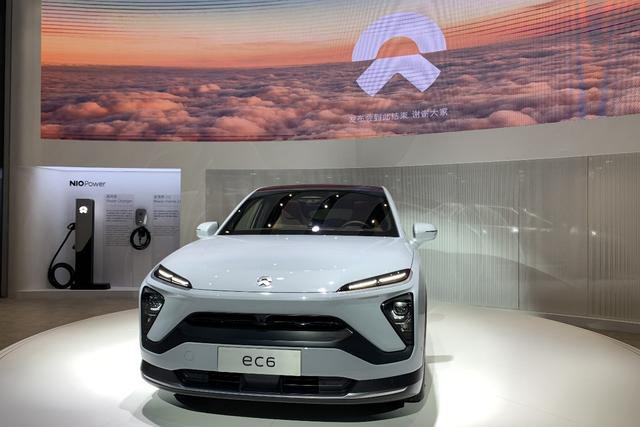
Among them, NIO’s automobile sales in the second quarter were RMB 3.4861 billion, a year-on-year increase of 146.5%, and a month-on-month increase of 177.6%. The gross profit margin of auto sales was 9.7%, negative 24.1% in the second quarter of 2019 and negative 7.4% in the previous quarter.
NIO said that the year-on-year and quarter-on-quarter growth in automotive gross profit margins was mainly due to the decrease in the purchase cost of certain materials in the second quarter of 2020 and the decrease in unit manufacturing costs brought about by the increase in production. In addition, compared with the second quarter of 2019, the increase in the gross profit margin of automobiles in the second quarter of 2020 is also attributable to the one-off impact related to the company’s active battery recall in the second quarter of 2019.
Financial report data shows that as of July 31, 2020, the cumulative delivery of NIO ES8 and ES6 reached 49,615, of which 17,702 were delivered in 2020. Among them, 10,331 vehicles were delivered in the second quarter, exceeding the upper limit of the forecast of 10,000 vehicles in the first quarter; in July, the delivery volume of ES8 and ES6 was 3,533 vehicles, a year-on-year increase of 322.1%. NIO said that the increase in delivery is mainly due to the increase in delivery due to the recovery of vehicle sales after the new crown pneumonia epidemic.
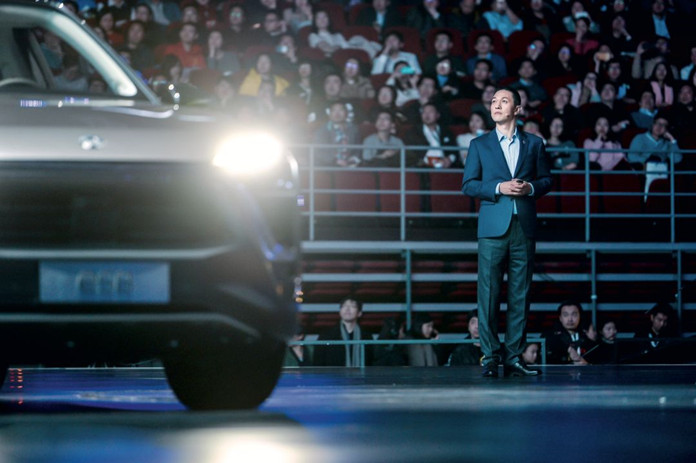
Li Bin, the founder, chairman, and CEO of NIO said in the financial report: “Our quarterly deliveries in the second quarter of 2020 reached a record 10,331 vehicles. As the trend continues, we expect to deliver 11,000 to 11,500 vehicles in the third quarter. The current production capacity limit will be lifted in the near future. I believe our production capacity can meet our demand acceleration model.”
NIO predicts that the vehicle delivery volume in the third quarter will be between 11,000 and 11,500, a year-on-year increase of approximately 129.2% to 139.6%, and a month-on-month increase of approximately 6.5% to 11.3%. Total revenue will be between 4.0475 billion yuan (approximately US$572.9 million) to 4.2123 billion yuan (approximately US$596.2 million), a year-on-year increase of approximately 120.4% to 129.3%, and a month-on-month increase of approximately 8.8% to 13.3%.
In addition, Li Bin said that the company is also accelerating the development of new models, and revealed that the next model is a sedan, and will increase investment in research and development of autonomous driving technology.
In terms of production capacity, Li Bin said that the Hefei plant reached a full supply chain production capacity of 4500-5000 units in a single shift in a single month at the end of August and early September. “The increase in production capacity is to respond to strong demand. The ES8 has a long delivery cycle and many orders have been backlogged. It takes time to increase the production capacity for EC6. Q4 delivery pressure is relatively high. We will prepare the entire supply chain capacity at the end of August and early September.”
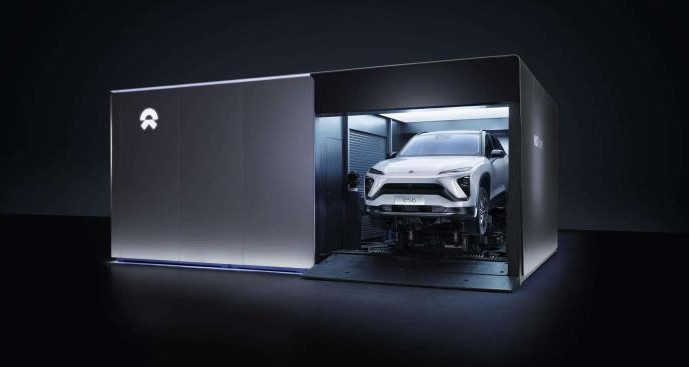
In terms of BaaS business, Li Bin revealed that Battery as a Service’s innovative business model for car and electricity separation has made significant progress. “We have completed all the product announcements and certifications required for the separate sales of complete vehicles and batteries. The first BaaS model vehicle has also completed the verification of insurance, loans, licensing, and other processes. This is an innovation in NIO’s technology and business model and a major breakthrough. At present, we are still making the final preparations for the formal provision of BaaS model services, and will officially release the implementation plan in the third quarter.”
Li Bin said that after the Battery as a Service business regulation is officially passed, users can actually buy cars and rent batteries, which means that NIO can give users a lower down payment and monthly payment, which will help promote sales.
Li Bin also said that the preparation of the battery assets company is expected to be completed in August, NIO will not be a major shareholder, and the company will not affect NIO’s balance sheet. The company will hold battery assets, which is groundbreaking in the industry and may help NIO’s gross profit.
Regarding whether it will build a second factory, Li Bin said that the current cooperation with JAC Motors is very successful, there is still room for improvement in factory production capacity. Currently, JAC’s factory has a double-shift annual production capacity without adding too much investment, annual production capacity can reach 150,000. Therefore, it is not urgent for NIO to open the second factory immediately. The planning work for the second factory is already in progress according to the product development progress, it does not necessarily have to be built by NIO own. At present, NIO is preparing more capacity for mass production of models in 2022.

